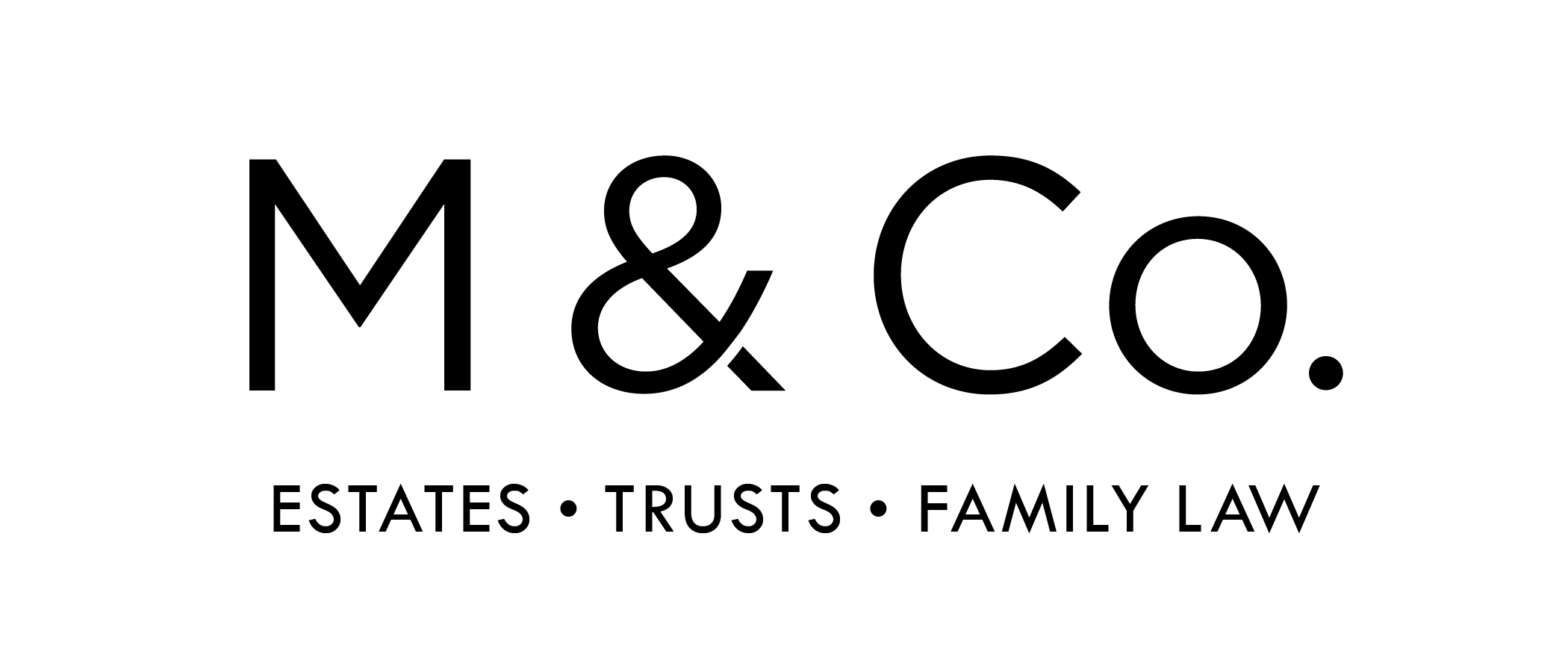
In recent years, a growing trend has emerged where parents and grandparents are stepping in to help younger generations achieve their dreams of homeownership. Dubbed the “Bank of Mom and Dad” (BoMaD) and “Bank of Grandma and Grandpa,” these family members provide financial assistance to their loved ones, often in the form of down payments, co-signing loans, or gifting funds. While this generosity can be invaluable in helping individuals purchase a home, it’s essential to take steps to protect these family investments. In this blog post, we’ll explore how to safeguard the Bank of Mom and Dad (and Grandma and Grandpa) and ensure that your family’s contributions are protected.
1. Document the Transaction:
– When family members contribute financially to the purchase of a home, it’s crucial to document the transaction properly. This may involve drafting a gift letter specifying the amount gifted, the purpose of the gift (e.g., down payment), and whether it’s a loan or outright gift.
– For loans, consider drawing up a formal loan agreement outlining repayment terms, interest rates (if applicable), and any other relevant terms and conditions. This helps clarify expectations and prevents misunderstandings down the line.
2. Establish Legal Ownership:
– Determine how the family’s contribution will be reflected in the ownership of the home. Will the family member have a stake in the property, or is the contribution considered a gift with no strings attached?
– Consult with a legal professional to explore options such as co-ownership agreements, trusts, or other legal arrangements that protect the interests of both parties and clarify ownership rights.
3. Protect Against Potential Risks:
– Consider the potential risks involved in mixing family finances with homeownership. For example, what happens if the homeowners default on their mortgage or encounter financial difficulties?
– Explore insurance options such as mortgage protection insurance or title insurance to mitigate risks and protect the family’s investment in the event of unforeseen circumstances.
4. A Prenup or Cohabitation Agreement is a must
– Many people assume that a gift letter or a loan agreement is sufficient to ensure that the monies being advanced by the BoMaD are protected. This is not the case. Couples need a Prenup or Cohabitation Agreement outlining what happens to the funds in the event of separation. Parents or Grandparents should not be gifting or lending any money to children without making it conditional upon this Agreement. If the couple separates, one party may be entitled to half the equity in the home, even if they did not make any financial contributions and even if the parents or grandparents made the most significant financial contribution. One side is leaving with a windfall and the other side a loss of their investment. It also leaves one party in a position where they can’t re-enter the housing market because the buyout is so significant. A Prenup or Cohabitation Agreement, can provide that the parents or grandparents contribution is returned prior to the equity being shared. It is essential to protect the family wealth.
5. Communicate Openly and Honestly:
– Open and honest communication is key to maintaining healthy relationships and avoiding misunderstandings. Discuss expectations, financial arrangements, and long-term plans with family members upfront.
– Be transparent about your financial situation and any potential risks associated with homeownership. This helps manage expectations and ensures that everyone is on the same page.
– Ensure the terms are included in a Prenup or Cohabitation Agreement. People have differing memories when it comes to finances on divorce or they change their minds when navigating the emotions of divorce. What once was a verbal agreement to repay parents now becomes a conversation that never happened and a claim for the full equity in the home. An Agreement prevents this memory fade issue.
6. Plan for the Future:
– Anticipate potential life changes or events that may impact the family’s investment in the home. For example, what happens if the homeowners decide to sell the property, get divorced, or pass away?
– Develop a contingency plan to address these scenarios and protect the family’s interests. This may involve updating legal documents (including the Prenup or Cohabitation Agreement), revising ownership arrangements, or establishing guidelines for how proceeds from the sale of the home will be distributed.
The Bank of Mom and Dad (and Grandma and Grandpa) can be a valuable resource in helping younger generations achieve homeownership. However, it’s essential to take steps to protect these family investments and ensure that everyone’s interests are safeguarded. By documenting transactions, establishing legal ownership, protecting against potential risks, communicating openly, and planning for the future, families can ensure that their contributions to their loved ones’ homes are preserved and protected for years to come. After all, while the desire to help family members achieve their dreams is admirable, it’s equally important to protect the fruits of that generosity for the benefit of future generations.
Anna-Marie Musson is the managing lawyer at M&Co. Law Firm with offices in downtown Toronto, Waterloo and Markham. She helps clients navigate the emotional, financial and legal issues in divorce. Learn more at www.mlawgroup.ca.
About Divorce Real Estate Made Simple – Bram Sandow and Adam Linden, recognize the emotional toll divorce can take, especially as it involves significant like changes. Their exceptional team helps to streamline the process of selling your real estate assets and provides unparalleled support during this challenging person.



